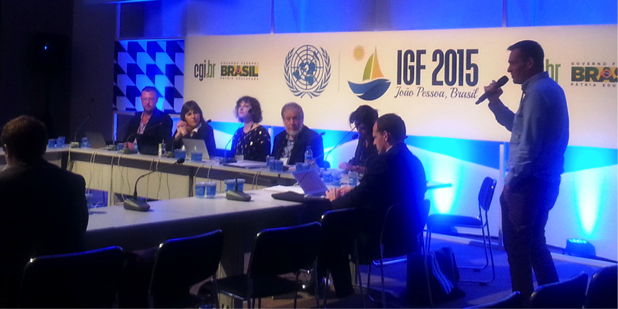The holiday season is rapidly approaching and this year is coming to a close, another one done and another one that seen some great and wonderful and also unfortunately some sad moments. One of those key moments was the depletion of the IPv4 pool in the ARIN region, which for some probably means the sad realisation that their business models will hit a growth barrier.
Others celebrated it, with a smug I told you so face, as the moment where IPv6 is no longer optional but a requirement for a solid Internet-based business.
It was something we have seen coming and the Regional Internet Registries and countless businesses have been preparing for this moment for years. Where Regional Internet Registries (RIRs) in other regions such as APNIC, RIPE NCC and LACNIC already depleted their pools and activated various austerity based IPv4 policies, we had the opportunity to learn from each other and share experiences on what to do when the final moment of imminent IPv4 depletion would be there.
The same goes for the deployment of IPv6, where countless businesses and governments, big and small, have started to activate it in their products and services. We have come a long way, and I am happy to see countries all across the globe are making such great progress in IPv6 deployment, with the US market not that far behind the world’s IPv6 leader: Belgium.
At the same time we must not forget that a lot of people still face the challenge of starting an IPv6 project, scratching their heads on where to start and looking for the secret recipe that made others successfully deploy IPv6 for millions of customers.
As part of this year’s inter-sessional work for the Internet Governance Forum (IGF), a group of RIR staff and community members set out to collect and document those experiences. We’ve asked countless people from all stakeholders to tell us their stories and share what they thought were the secret to their success.
After a great workshop during the 2015 IGF in Brazil and a public comment period, the resulting best practice document Creating an Enabling Environment for IPv6 Adoption document has now been published as output of the IGF.
From the start we decided that it should not be another technical description of IPv6, many of those exist already and your favourite bookstore is likely to have a few really good books with a level of in-depth knowledge that we would have never been able to write up in the few months we had.
Instead we focussed on coordination and motivation, describing successful stories of IPv6 task forces, business and governments coordinating their IPv6 deployment and triggering in a domino effect where the success of one party offers motivation for others to join and do the same.
Above all, what is important, is to know you are not alone out there. You might be one of the lucky ones who have IPv6 already done, you might be somebody under pressure to start the project. We can all learn from each other, so why not give somebody the most valuable gift of all? Knowledge.
We got some of it together please keep adding yours. Share your experience and knowledge on IPv6 with others using the RIR blogs, NOG meetings and join your local IPv6 task force, also especially when you have already deployed.
Consider it a gift from the community to the community. The IGF outcome document can be downloaded here from the IGF website .
Note: This post was previously published on Team ARIN blog





Comments 0
The comments section is closed for articles published more than a year ago. If you'd like to inform us of any issues, please contact us.